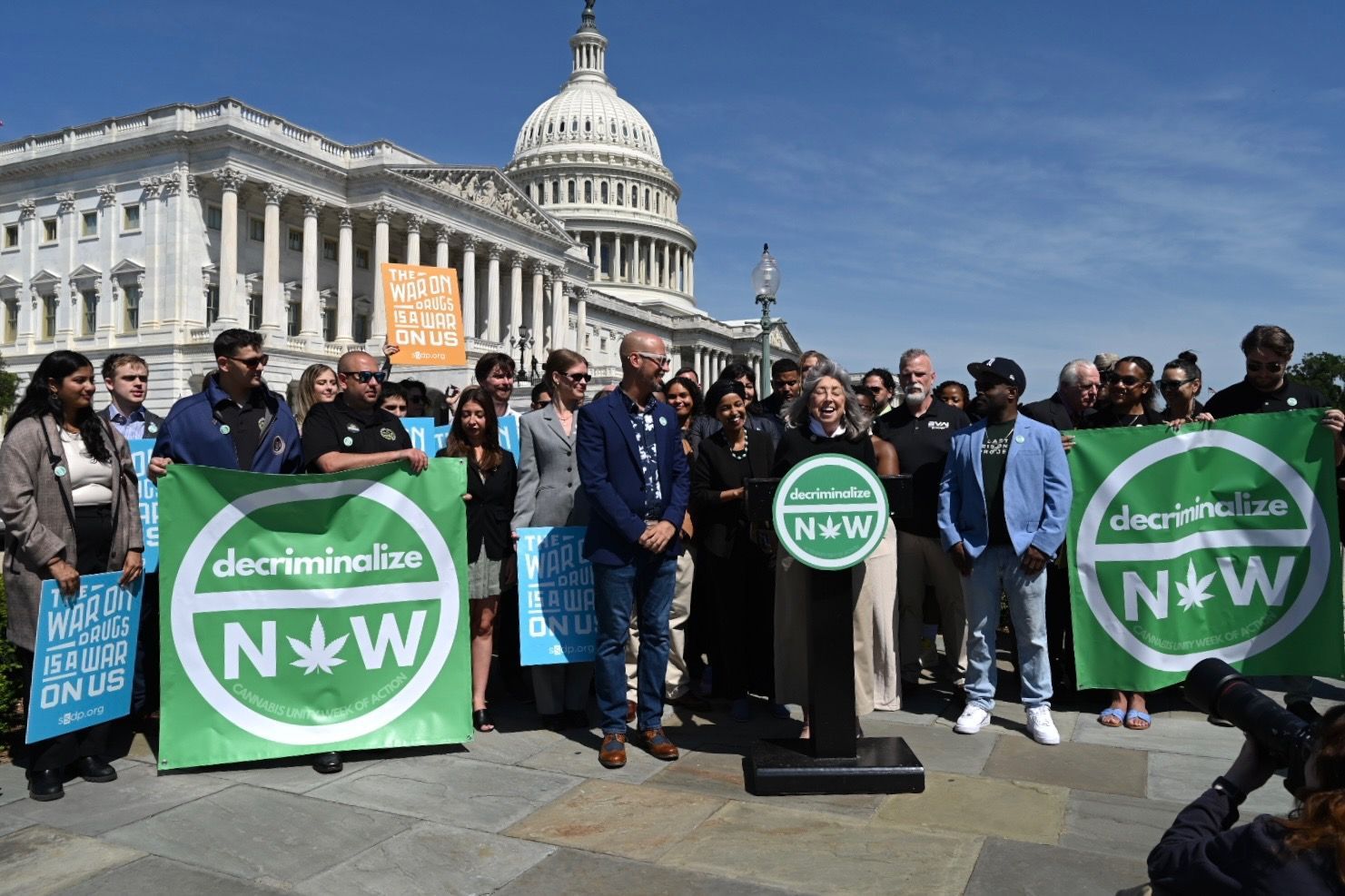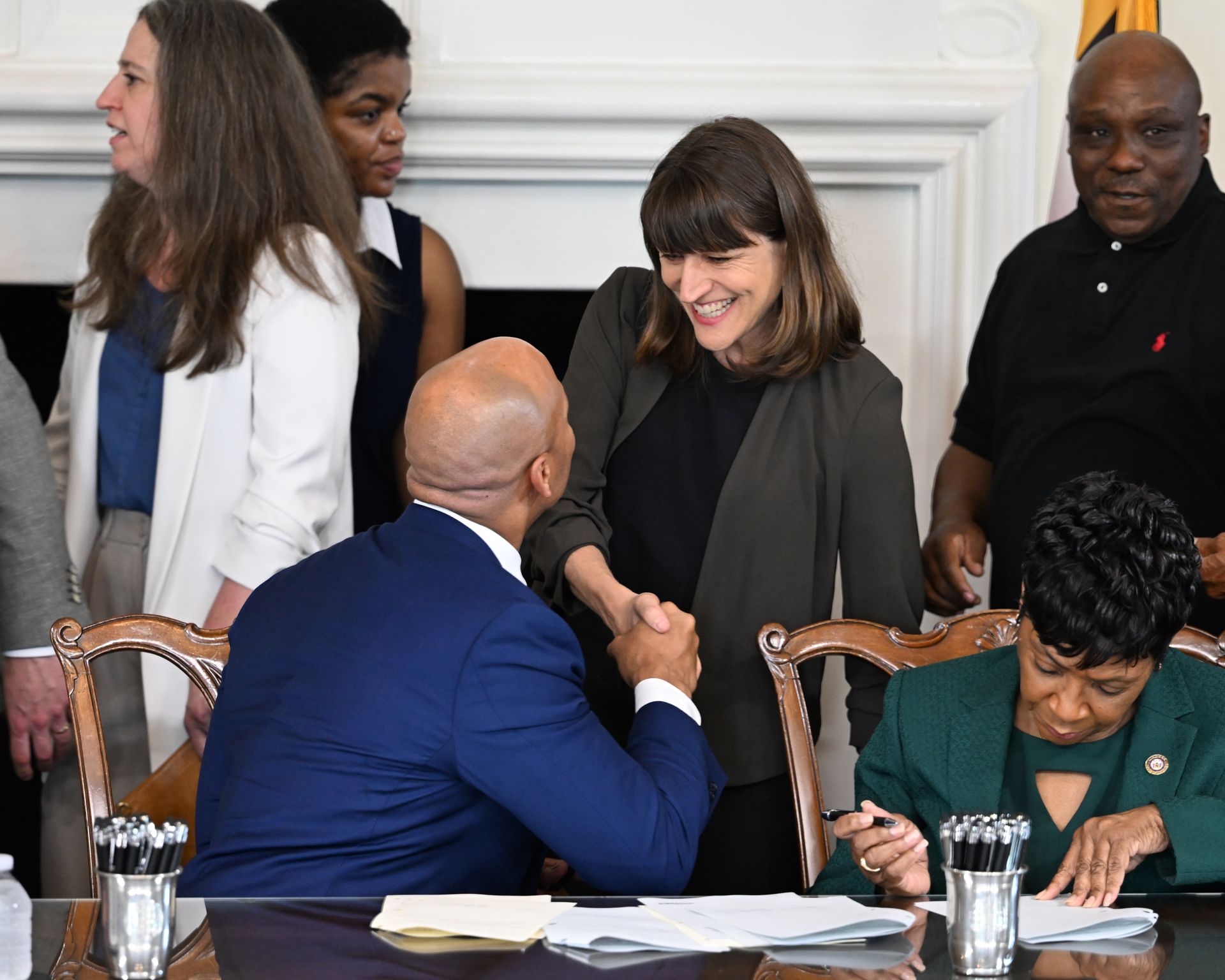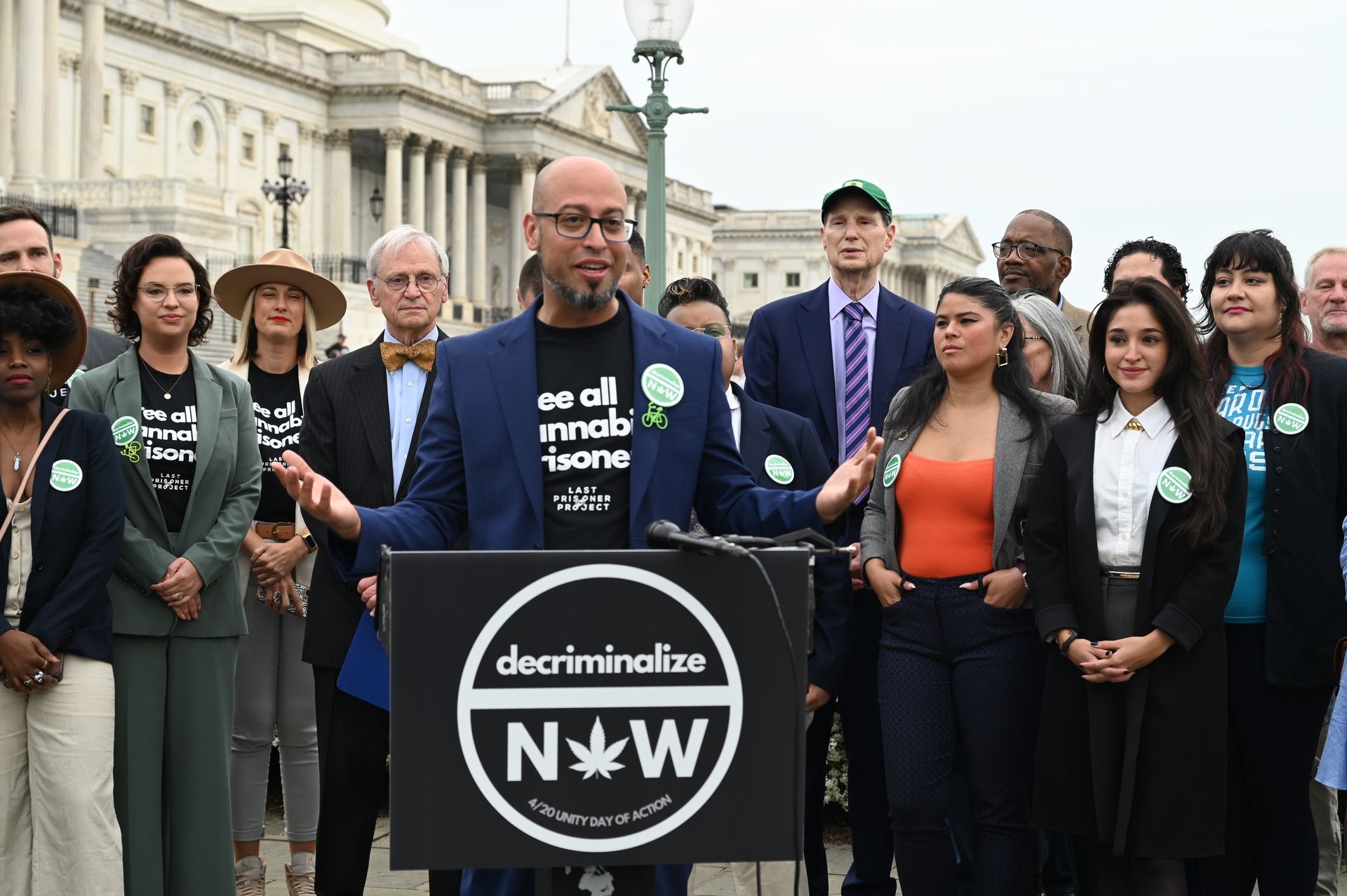Honoring Veterans Incarcerated for Cannabis Offenses: A Veterans Day Reflection
On Veterans Day, we pay tribute to the men and women who have served our country, celebrating their bravery and sacrifices. However, this day is also a poignant reminder that some veterans continue to suffer behind bars due to outdated cannabis laws. Many of these veterans were sentenced to harsh prison terms for non-violent cannabis-related offenses, even as cannabis becomes increasingly legalized across the country. Last Prisoner Project (LPP) remains dedicated to advocating for the release and rehabilitation of these veterans, who have given so much to our nation and now need our support in return. Today, we share the stories of a few veterans who are still fighting for their freedom, underscoring the need for systemic change and a more just approach to cannabis policy.
Kristopher Fetter: A Veteran Who Deserves Another Chance
Kristopher Fetter, 37, served six years in the Army before being convicted for possession with intent to distribute hashish in New York. His non-violent offense occurred in 2022 when he was 35, and he pled guilty. On October 3, 2023, Kristopher was sentenced to 58 months in prison and three years of supervised release. Despite his conviction, Kristopher has shown remorse and made efforts to better himself during his time behind bars. His family speaks highly of his loving and supportive nature, and those who work with him on a daily basis describe him as an honest, hardworking individual who deserves another chance at life. LPP is committed to assisting Kristopher upon his release, offering financial support, housing assistance, and job readiness programs to help him reintegrate into society. His story is one of growth, acceptance of responsibility, and a plea for mercy.
Brent Crawford: A Father Separated From His Children
Brent Crawford, now 41, served six years in the Air Force and was convicted for a victimless cannabis offense. In 2022, Brent was sentenced to 15 years in federal prison, plus eight years of supervised release, for conspiracy to distribute over 100 kilograms of marijuana. Currently incarcerated in Kentucky, Brent is not expected to be released until 2037. During his time in prison, Brent has dedicated himself to self-improvement, earning multiple degrees, tutoring fellow inmates, and advocating for the release of others incarcerated for cannabis offenses. Despite missing out on valuable moments with his four children, Brent remains resilient, focused on his education and advocacy work. His case highlights the ongoing injustice faced by so many veterans caught in the war on drugs.
Deshawn Reilly: A Marine Fighting for Freedom
Deshawn Reilly, 46, served eight years in the Marines and is now serving a 17-year sentence for cannabis-related offenses in Georgia. With an additional five years of supervised release upon his eventual release, Deshawn is not expected to be free until 2029. His story is one of deep family ties and personal responsibility, as he has accepted his crime and worked to improve himself during his incarceration. Deshawn’s family describes him as a loving and supportive man who, despite his conviction, has shown great strength and remorse. His story calls for a reevaluation of the justice system's approach to non-violent cannabis offenses, particularly when it involves those who served their country with honor.
Send a letter to President Bident urging him to release them before his term ends.
Robert Deals: A Retired Air Force Veteran Seeking Justice
Robert Deals, 57, is a retired Air Force veteran who served for 11 years and developed PTSD as a result of his military service. Robert has been incarcerated for 12 years of an 18-year sentence for cannabis-related offenses in Arizona. His sentence is a stark reminder of the brokenness of the justice system, as Robert, who served his country faithfully, now sits behind bars for a non-violent offense. His case also highlights the struggles that veterans face when returning home from combat—often dealing with mental health issues like PTSD, which can lead to misguided decisions that are punished harshly. Despite these challenges, Robert remains hopeful for the future and continues to advocate for justice reform. Robert is currently in the process of a hopeful appeal of his sentence given new arguments.
Help us continue to advocate to #FreeRobertDeals via a commutation by Gov. Katie Hobbs by sending a letter today.
The Fight for Freedom Continues
These veterans, each with their own unique story, remind us that the fight for justice is not just about freeing individuals, but about ensuring that those who served our country are treated with the dignity and respect they deserve. These men, many of whom have sacrificed for our freedoms, now find themselves incarcerated for cannabis-related offenses that are increasingly recognized as unjust.
At Last Prisoner Project, we are committed to advocating for their release, providing them with reentry support, and pushing for legislative reforms that will prevent others from enduring similar fates. The journey of these veterans shows us the deep scars left by outdated policies and the need for a broader societal shift toward fairness and rehabilitation.
On this Veterans Day, as we honor those who have served in the military, we must also recognize that justice has yet to be fully served for some of our veterans. We stand with these men and continue to fight for their freedom. As Robert Deals poignantly says, "For it’s not just a plant but lives at stake, families broken, future’s part of the take. It’s time for change, for laws to align, With justice, sense, and a sign of the times."
Join the fight for cannabis clemency at www.cannabisclemency.org!






